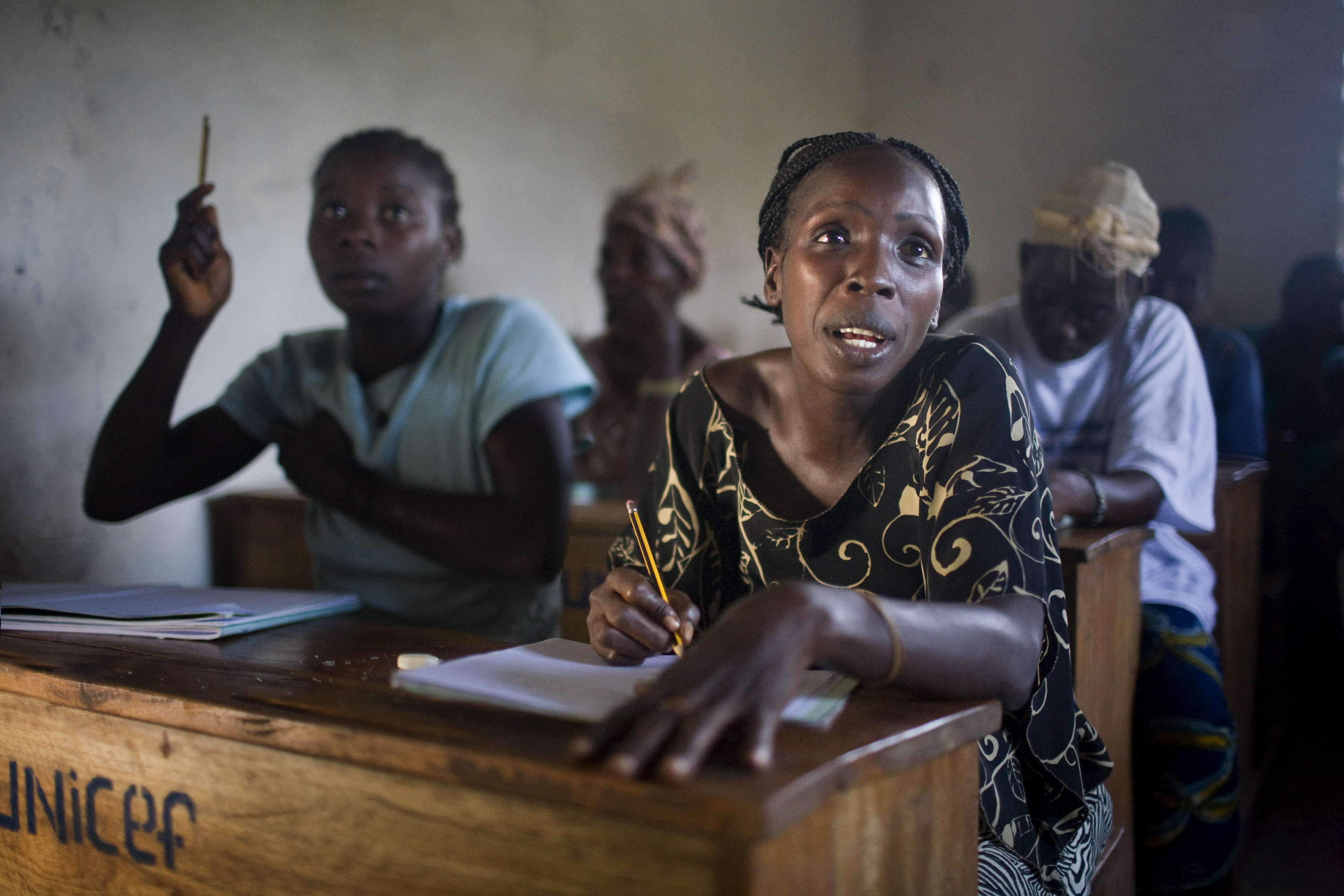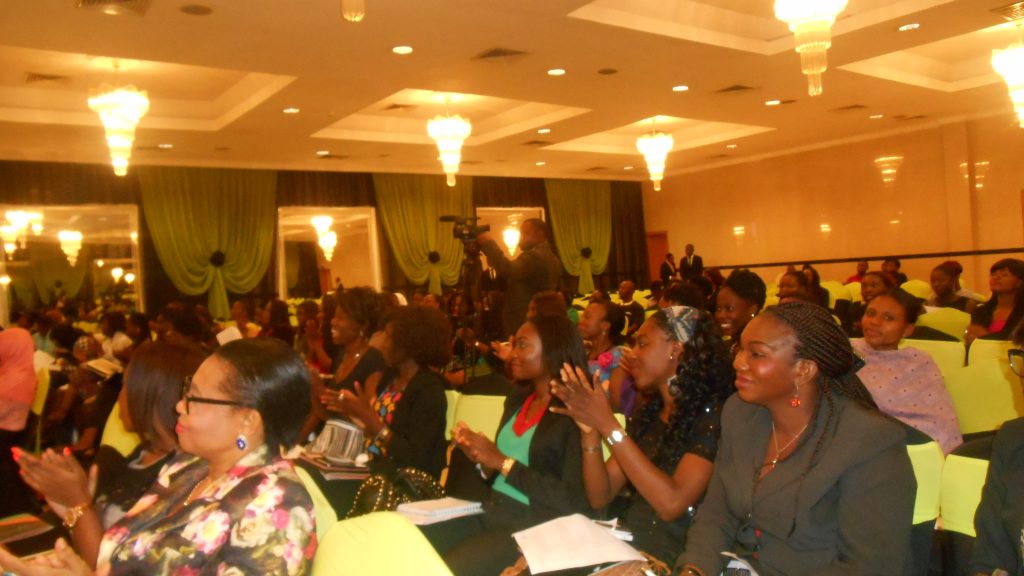In every industry certain words are consistently employed. For non-governmental organisations (NGOs) working on women’s issues, it is “empowerment”.

Liberias electricity system was destroyed in the war, and power has not yet been restored. Classes are conducted in semi-darkness twice a week.
It is echoed in university halls, on the radios and meetings in kebeles. The whole charade has not left a good taste in my mouth. Empowerment in its actual form means to give someone the authority. And in the case of women and empowerment, in the context of how we have worked, it was to give women the authority to their lives.
In seeing the different projects and initiatives being drawn up in our communities on the subject of empowering women, most NGOs have missed the mark. Women are not born feeling inferior – without a voice. It can only be taken away at the moment of birth.
When we gather girls and women in a room and tell them they are above the standards set for them in their societies – to be empowered enough to stay in school and have a career path – is a misguided attempt that is bound to fail.
As we live in a society that honours women who conform to society and alienate those that understand their worth, a project’s success will mean little when women are feeling lonely and discarded by the choices they have made.
We ought to instead be educating community members that have sat comfortably in their patriarchal privilege and put up a mirror to a flawed system. Yet, what we are doing is the opposite – blaming those not getting up as they are being kicked in the stomach.
The concept of empowerment has come to feel similar to victim blaming. It has all the connotations of what to avoid when someone tells us they feel less valued in their role within their community. We cannot keep addressing a bleeding wound without removing the knife stuck on the artery. We also cannot keep telling women to be empowered when we have not addressed the problems in society.
NGOs can draw inspiration from some of Ethiopia’s good practices towards women. This could be a sub-system still in practice in some parts of the Oromia Regional State called Siqque. It protects married women from abuse and grants women a strong voice in the Gedda system.
It also reprimands those who have abused their wives harshly, even by prohibiting the attacker from reaching leadership positions in the Gedda system. I wonder why we had not learnt about this in school along with the negative traditional practices in Ethiopia.
How come we are not learning enough about one another’s positive cultural values?
We remain in a state of disarray. We do not learn enough about our own culture as we adopt NGOs’ catchphrases of how to fix our problems.
It reminds me of a friend’s repeated saying, “there is no-one blinder than those who do not want to see.”
The idea of empowerment has brought with it less autonomy and continues to tell the women in our society that they cannot be shy and soft-spoken but uphold the prerequisite we have set for them to prove empowerment.
This push may be meant in goodwill. But we need to work to dismantle a world designed to give fewer choices to women. We need to work harder for the women in each of our communities that deserve to be who they wish to be without having a need to prove themselves. We need to work harder addressing how patriarchal systems project themselves and teach vulnerability.
The empowered society dismantles chains that create barriers between the person born and the heights one can reach without their gender getting in the way of their achievement.
The empowered society can also see beyond the present. It would honour the past as it looks forward to creating a world with opportunities available for all.

